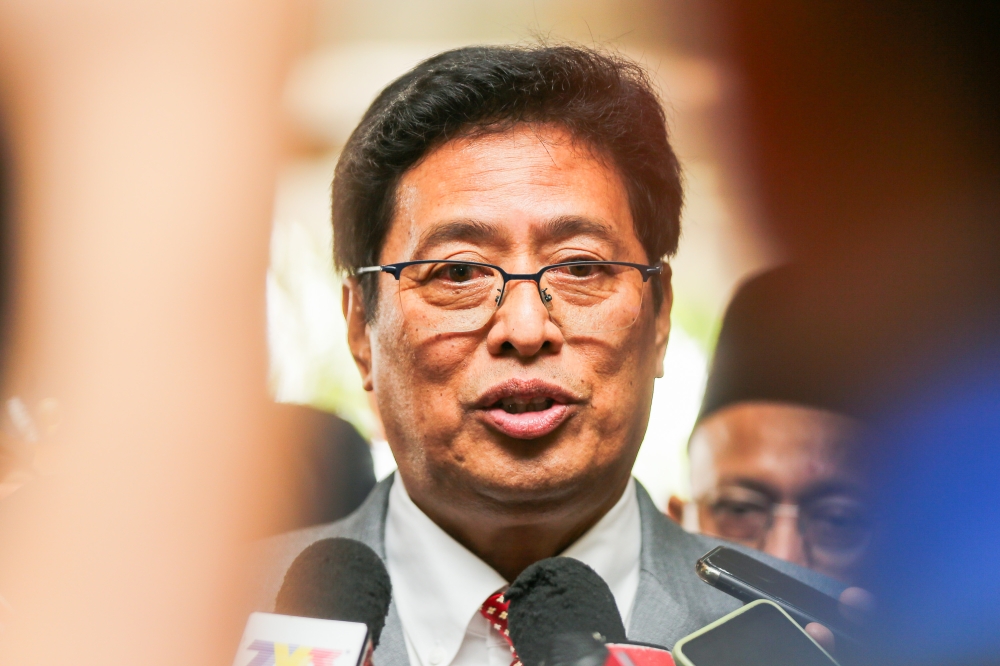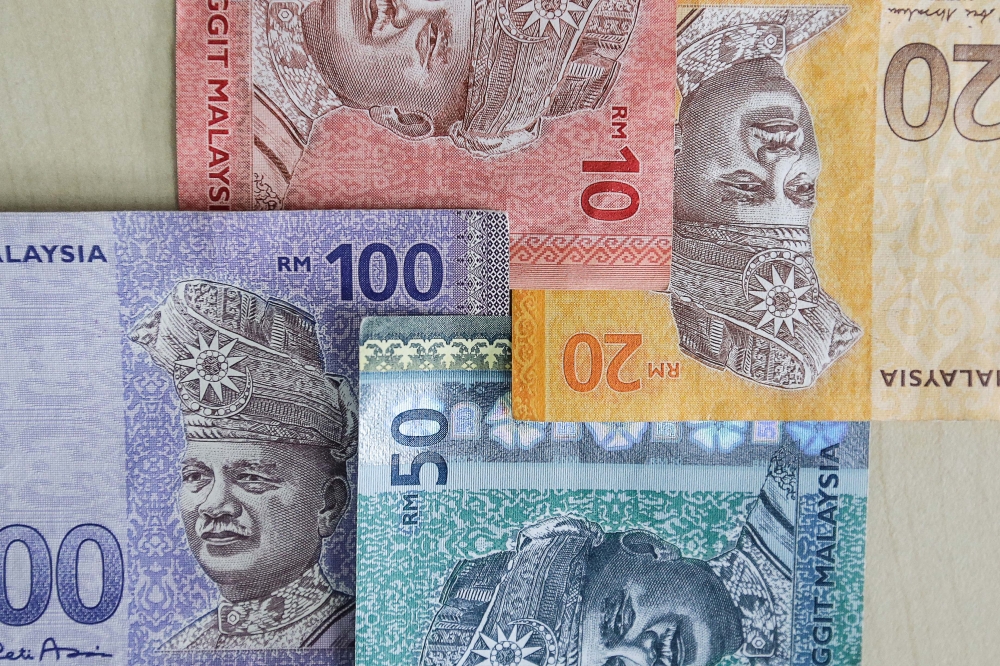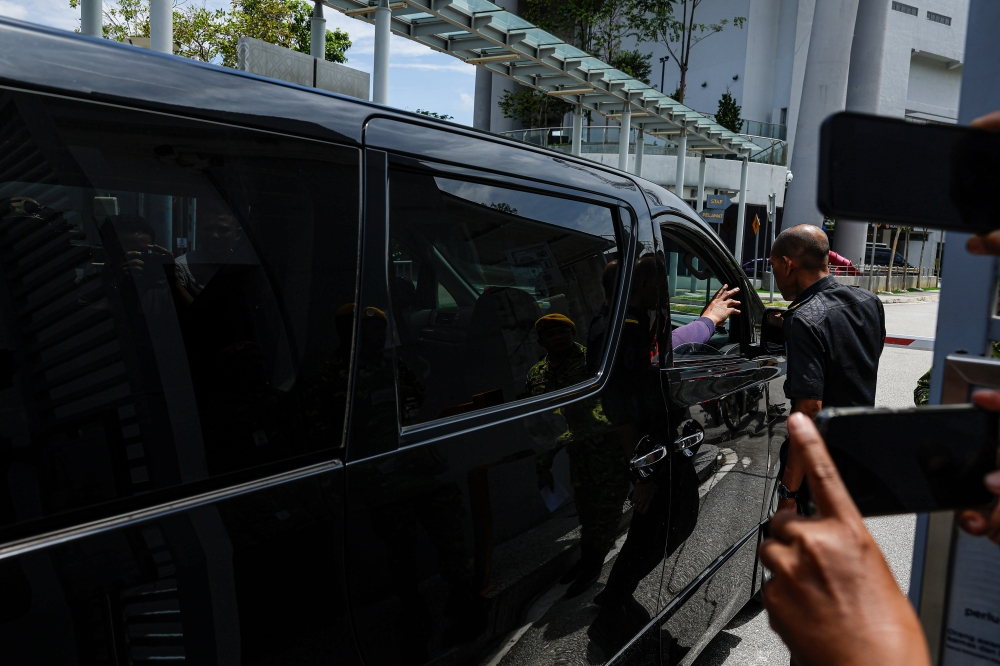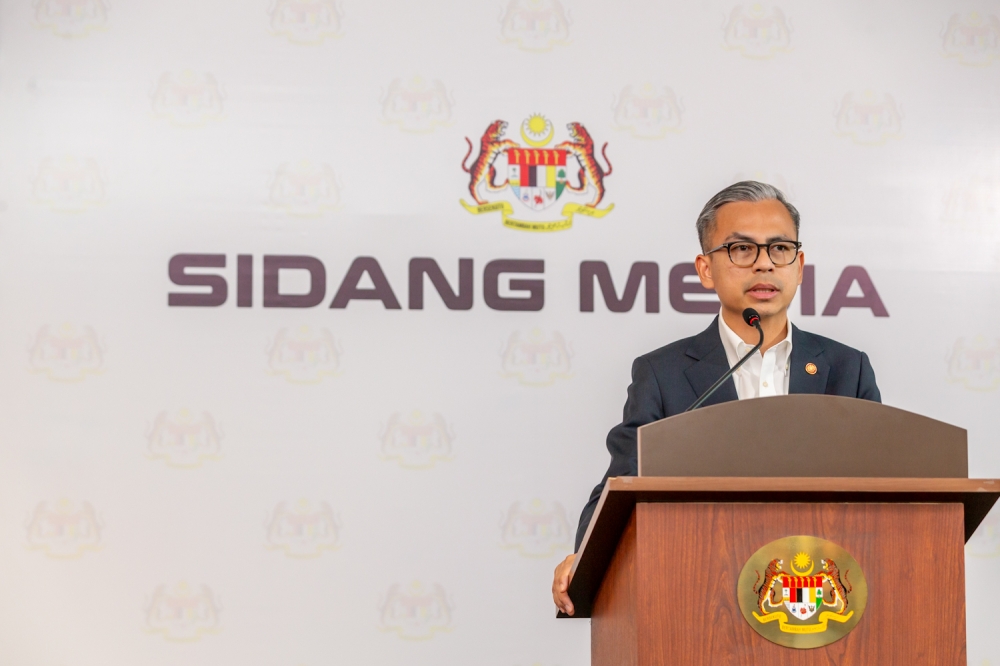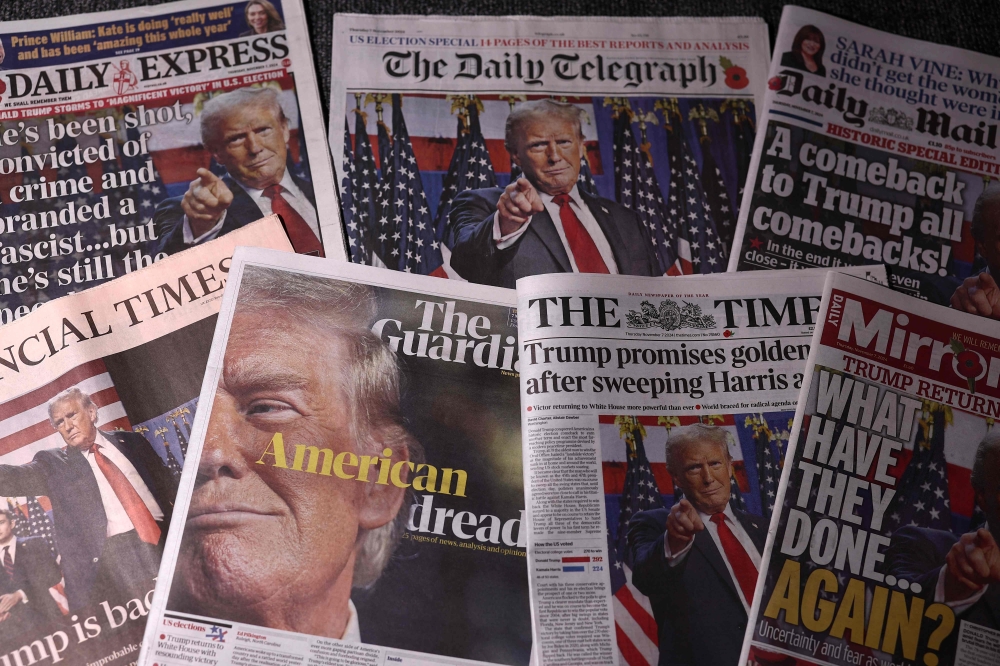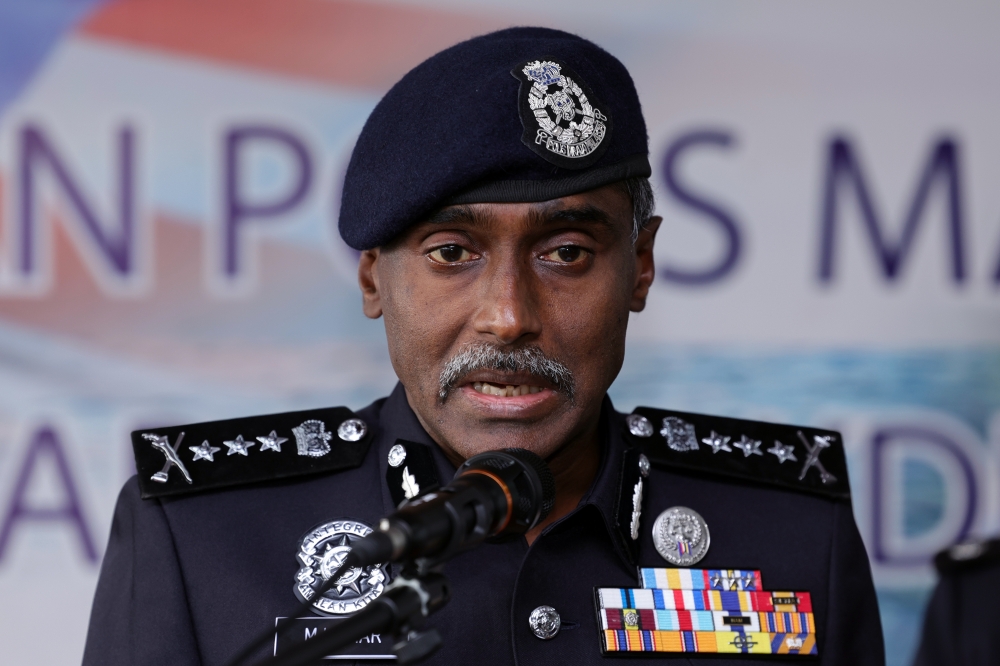MOSCOW, March 9 — The rouble weakened in Moscow and offshore today, hitting new record lows against the dollar and euro in Moscow before inflation data which could show the impact of economic sanctions over Russia’s invasion of Ukraine.
At 0934 GMT, the rouble was more than 10 per cent weaker than its Friday close at 117.2 to the dollar on the Moscow Exchange. It had lost over 1 per cent against the euro to trade at 120.3, after earlier hitting 120 per dollar and 130 per euro for the first time on the exchange.
On the offshore EBS platform it was trading at 137 to the dollar, down over 5 per cent on the day.
Russia’s financial markets have been thrown into turmoil by severe economic sanctions imposed over its invasion of Ukraine.
The central bank has more than doubled its key interest rate to 20 per cent and the government has rolled out support measures, but Russian assets have sold off heavily and the rouble is now down around 30 per cent against the dollar in Moscow since Russia sent troops into Ukraine on February 24.
Stock trading on the Moscow Exchange remained largely closed today by order of the central bank. Stocks last traded in Moscow on February 25, after which the central bank restricted trading.
Yesterday, the central bank said it was offering additional crisis support to financial firms. It also said citizens with foreign currency accounts would not be allowed to withdraw more than US$10,000 (RM41,873) in total over the coming six months, in the latest step to ease pressure on the rouble.
Consumer price inflation, data is due late in the day, for February in annual and monthly terms and for the week to March 4. The weekly figures could show the impact of the rouble’s recent sharp deterioration.
Michael Metcalfe, global head of macro strategy at State Street Global Markets, said in a research note that there were signs that prices in Russia had risen sharply since the rouble’s slump — more so than in prior currency collapses.
“If it were sustained in the coming weeks and months, (this rate) could see the Russian annual inflation rate almost double in the coming months,” Metcalfe wrote.
Even before the Ukraine conflict, Russian inflation was running well above the central bank’s 4 per cent target, accelerating to around 8.7 per cent in January, its highest since early 2016. — Reuters

